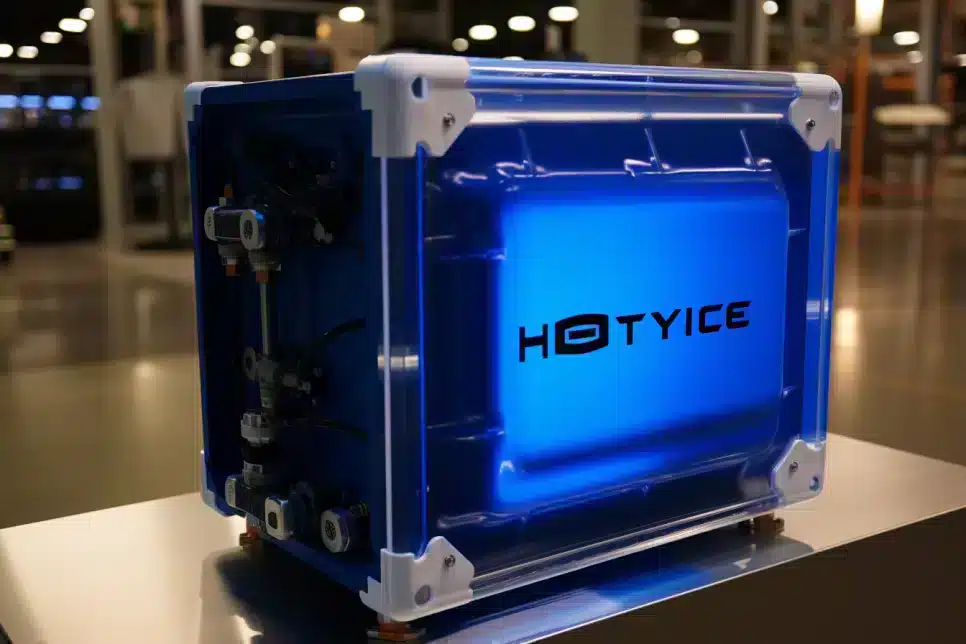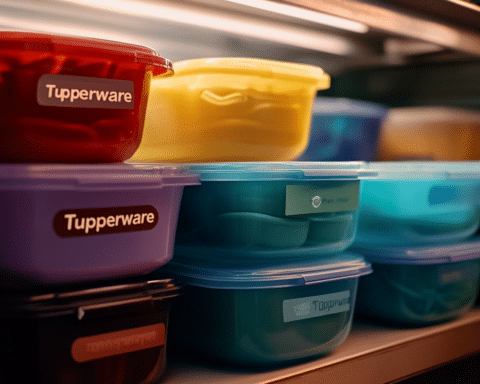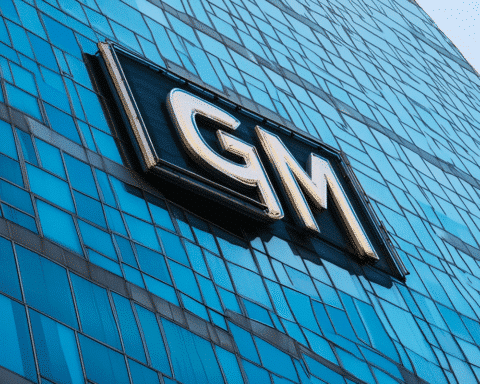In a significant leap towards sustainable automotive technology, General Motors and Honda Motor have commenced commercial production of hydrogen fuel cell systems, marking a pivotal move towards replacing traditional diesel engines with zero-emissions alternatives. This groundbreaking initiative is being realized through a 50-50 joint venture at an $85 million facility in suburban Detroit, signalling the dawn of “large-scale” fuel cell production in the United States.
Fuel cells, long regarded as a promising alternative to conventional fossil fuels, are now being seen as viable replacements for diesel in various applications, including generators, heavy-duty trucks, semi-trucks, and construction equipment. GM and Honda’s launch of commercial production is a testament to the decades of development that have gone into fuel cell technology, now reaching a historic milestone, as noted by executives from both companies and the Fuel Cell System Manufacturing LLC joint venture.
Charlie Freese, executive director of GM’s “Hydrotec” fuel cell products, emphasized the significance of achieving scale and reducing costs to make this technology feasible for broader applications. Similarly, Jay Joseph, vice president of sustainability and business development at American Honda Motor Co., highlighted the importance of laying the groundwork for hydrogen use today to prevent future delays in adoption.
The collaboration between Honda and GM dates back to 2013, focusing on developing a fuel cell system characterized by a highly automated production process and using expensive materials such as platinum and carbon fibre. Honda plans to introduce its fuel cell system in a new vehicle model based on the CR-V crossover this year, while GM aims to implement the technology in backup power stations and large trucks.
Despite fuel cell technology’s optimism, challenges such as consumer acceptance, fueling infrastructure, and cost remain. These hurdles are anticipated to be less daunting in commercial applications like trucking, which benefits from fixed routes and destinations. However, skepticism from figures like Tesla CEO Elon Musk, who has labelled fuel cells as “fool cells” and “mind-bogglingly stupid,” underscores the debates surrounding the viability of fuel cell technology in the automotive sector.
As GM and Honda forge ahead with their fuel cell ventures, the automotive industry stands at a crossroads, exploring new horizons in zero-emission technologies. The commitment of these industry giants to fuel cell production not only underscores the evolving landscape of automotive propulsion but also sets the stage for a future where sustainable and clean energy sources power our vehicles.




